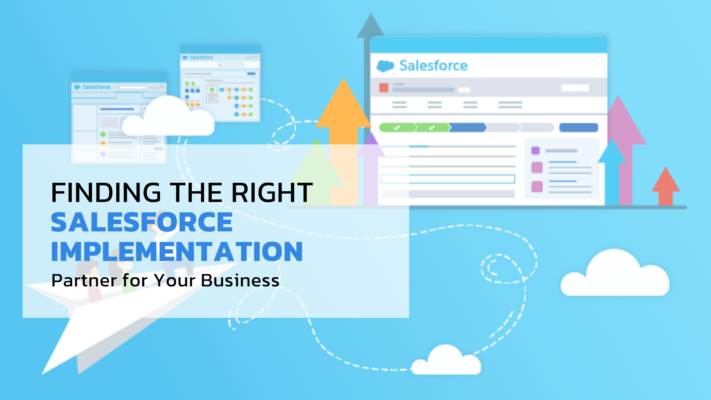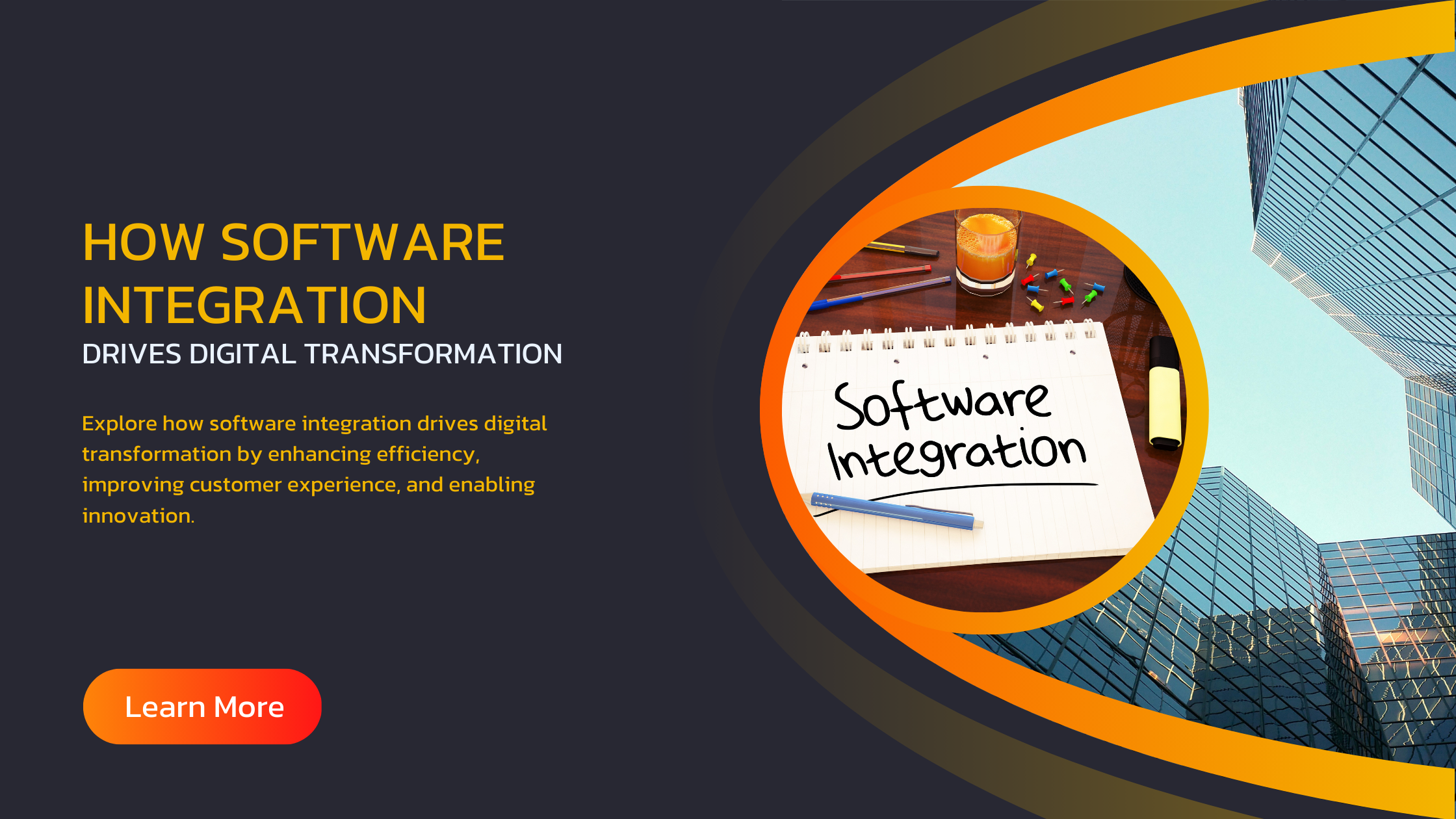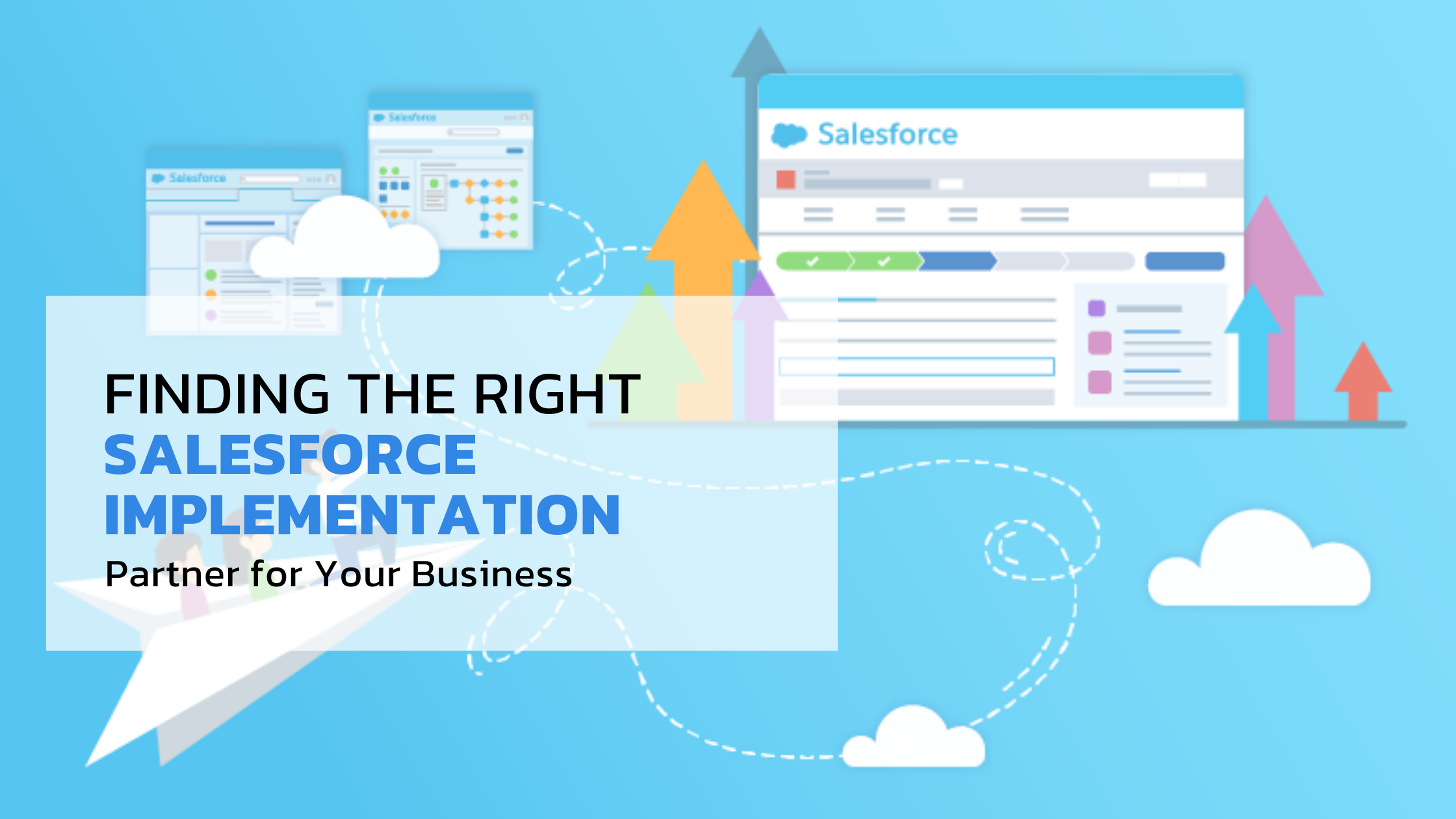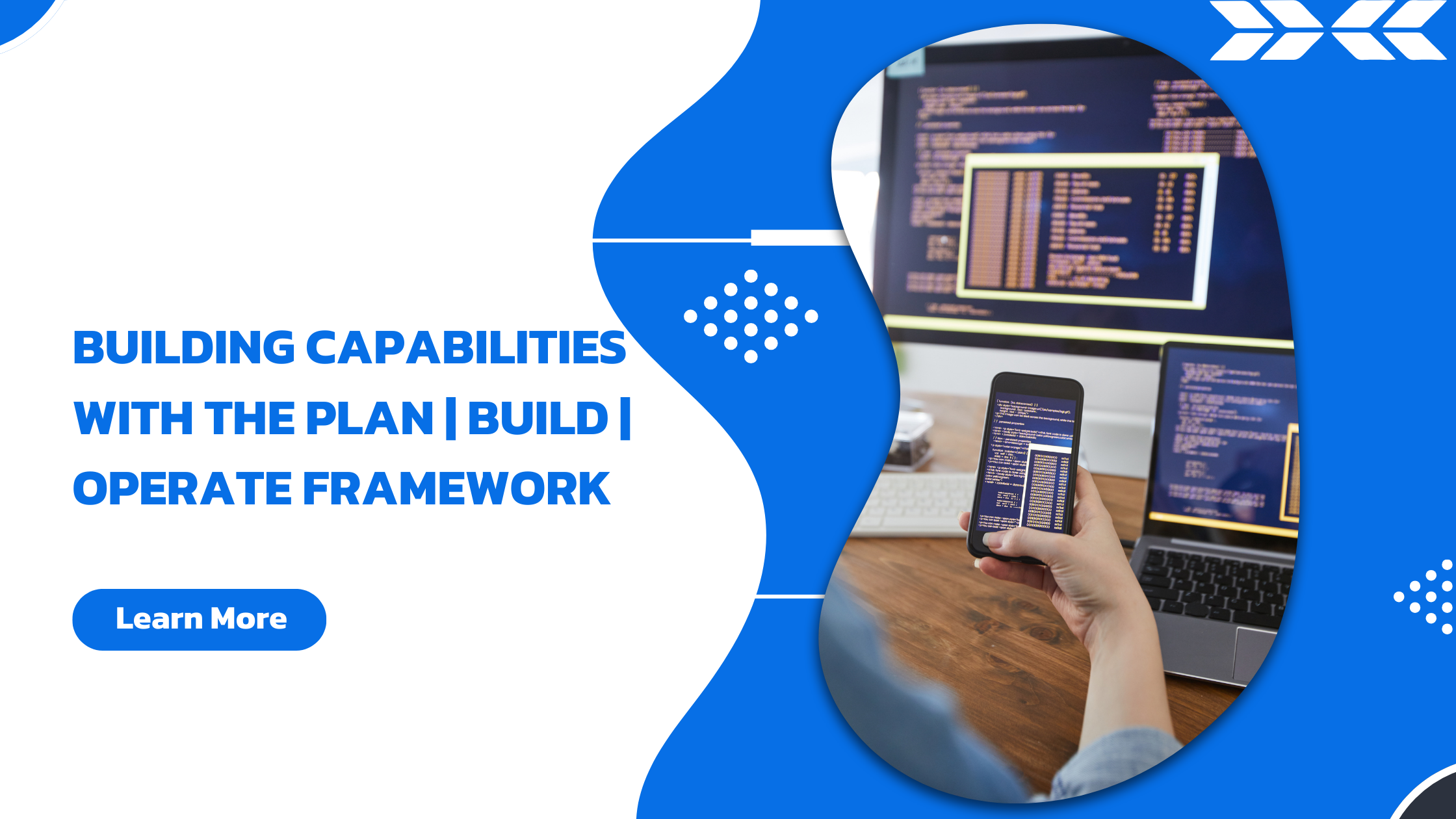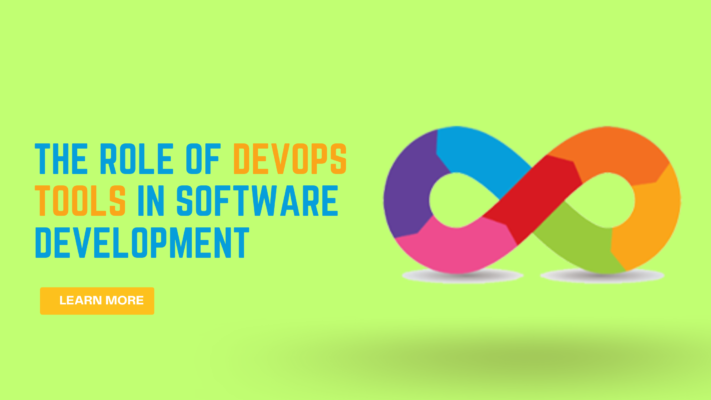
In the relentless pursuit of innovation, the software development landscape has undergone a seismic shift, driven by the ever-increasing demands of customers and the rapidly evolving technological landscape. Traditional siloed approaches, where development and operations teams operate in isolation, have given way to a more agile and collaborative paradigm: DevOps. DevOps represents a cultural and technological revolution, bridging the gap between development and operations teams, fostering seamless collaboration, automation, and a shared commitment to continuous improvement. At the heart of this transformative approach lies a powerful arsenal of DevOps tools, designed to streamline processes, enhance efficiency, and unleash the full potential of innovation within software development organizations.
This comprehensive guide delves into the vital role that DevOps tools play in accelerating innovation and empowering teams to deliver exceptional software products that delight customers and drive business growth. From automation and continuous integration to collaboration, monitoring, and security, we’ll explore the myriad ways in which these tools enable organizations to stay ahead of the curve and thrive in an ever-changing digital landscape.
Embracing Automation and Continuous Integration/Continuous Delivery (CI/CD)
One of the core tenets of DevOps is the relentless pursuit of automation, enabling teams to achieve faster, more reliable, and more consistent software delivery cycles. DevOps tools play a crucial role in facilitating automation and enabling the seamless implementation of Continuous Integration/Continuous Delivery (CI/CD) pipelines, which are essential for driving innovation and staying ahead of the competition.
- Build Automation Tools: Tools like Jenkins, Travis CI, or CircleCI are designed to automate the build process, ensuring consistent and reliable code compilation and packaging. By eliminating manual intervention and potential human errors, these tools streamline the build process, enabling teams to focus on more innovative tasks.
- Continuous Integration Tools: Implementing tools such as Git, GitHub, Bitbucket, or GitLab enables continuous integration, allowing developers to frequently merge code changes into a central repository. This facilitates collaboration, early detection of conflicts, and a shared understanding of the codebase, fostering an environment conducive to innovation.
- Continuous Delivery/Deployment Tools: Utilizing tools like Ansible, Kubernetes, or AWS CodeDeploy automates the deployment process, enabling rapid and consistent software releases across various environments. This not only accelerates the delivery of new features and bug fixes but also empowers teams to rapidly iterate and innovate based on customer feedback and market dynamics.
By embracing automation and CI/CD practices facilitated by DevOps tools, organizations can significantly reduce manual effort, minimize errors, and accelerate the delivery of high-quality software to end-users, freeing up valuable resources to focus on driving innovation and staying ahead of the competition.
Enhancing Collaboration and Communication
Effective collaboration and communication are the bedrock upon which successful DevOps initiatives are built. In an environment where development and operations teams work in unison, DevOps tools play a critical role in facilitating seamless collaboration, enabling cross-functional teams to work together efficiently and communicate effectively throughout the software delivery lifecycle.
- Project Management and Collaboration Tools: Tools like Jira, Trello, or Asana serve as central hubs for managing projects, tracking issues, and facilitating cross-functional collaboration among development, operations, and other stakeholders. By providing a shared view of project progress, task assignments, and issue tracking, these tools foster transparency, accountability, and a shared understanding of priorities, enabling teams to innovate more effectively.
- Communication and Messaging Tools: Implementing tools such as Slack, Microsoft Teams, or Zoom enables real-time communication, knowledge sharing, and efficient problem-solving among team members. Seamless communication channels facilitate rapid decision-making, reduce bottlenecks, and empower teams to quickly address challenges or capitalize on emerging opportunities, driving innovation and responsiveness.
- Documentation and Knowledge Management Tools: Utilizing tools like Confluence, GitBook, or Notion allows for the creation and maintenance of comprehensive documentation, ensuring consistent knowledge sharing and enabling effective onboarding of new team members. This not only facilitates knowledge transfer but also serves as a foundation for continuous learning and innovation, as teams can build upon existing knowledge and best practices.
By enhancing collaboration and communication through the strategic use of DevOps tools, organizations can break down silos, foster a shared understanding, and enable cross-functional teams to work together seamlessly, driving innovation and delivering superior software solutions that meet the ever-evolving needs of customers.
Monitoring, Logging, and Feedback Loops
In the dynamic world of software development, monitoring, logging, and establishing feedback loops are critical for ensuring system reliability, identifying bottlenecks, and continuously improving the software delivery process. DevOps tools play a vital role in enabling these critical functions, empowering teams to make data-driven decisions and drive innovation based on real-time insights.
- Monitoring and Observability Tools: Implementing tools like Prometheus, Grafana, or New Relic enables teams to monitor application performance, system health, and resource utilization in real time. By proactively identifying and resolving issues, teams can ensure seamless software operations, minimize downtime, and deliver exceptional user experiences, fostering innovation and customer satisfaction.
- Logging and Auditing Tools: Leveraging tools such as Elasticsearch, Logstash, and Kibana (ELK stack) or Splunk allows for the centralization and analysis of logs, providing valuable insights into system behavior and enabling effective troubleshooting. By identifying root causes and patterns, teams can quickly address issues, optimize performance, and drive continuous improvement, fostering an environment conducive to innovation.
- Feedback and Analytics Tools: Utilizing tools like AppDynamics, Dynatrace, or DataDog empowers teams to gather real-time feedback and analytics from production environments. By analyzing user behavior, performance metrics, and operational data, teams can identify areas for improvement, implement data-driven optimizations, and continuously enhance the software to better meet the evolving needs of customers, driving innovation and staying ahead of the competition.
By leveraging DevOps tools for monitoring, logging, and establishing feedback loops, organizations can gain invaluable insights into their software systems, enabling them to continuously optimize performance, enhance user experiences, and drive innovation based on actionable data, ensuring that their offerings remain relevant and competitive in an ever-changing market.
Fostering Security and Compliance
In today’s digital landscape, security and compliance are paramount concerns for software development organizations. DevOps tools play a critical role in integrating security practices throughout the software delivery lifecycle, ensuring that applications are secure, compliant, and resilient to potential threats, enabling organizations to innovate with confidence.
- Security Scanning and Testing Tools: Implementing tools like SonarQube, OWASP ZAP, or Veracode enables teams to perform static and dynamic code analysis, identifying and mitigating security vulnerabilities early in the development process. By addressing security concerns proactively, teams can innovate with confidence, knowing that their software solutions are resilient and secure from potential threats.
- Vulnerability Management Tools: Leveraging tools such as Qualys, Tenable, or Rapid7 allow for continuous scanning and monitoring of systems for potential security vulnerabilities, enabling proactive patching and remediation. This proactive approach to security not only mitigates risks but also fosters an environment where teams can focus on driving innovation without compromising on security.
- Compliance and Governance Tools: Utilizing tools like Puppet, Chef, or Ansible automates the configuration and management of infrastructure, ensuring compliance with industry standards and regulatory requirements. By maintaining compliance throughout the software delivery lifecycle, organizations can innovate with confidence, knowing that their solutions adhere to the highest standards and meet the necessary regulatory obligations.
By fostering security and compliance through the strategic use of DevOps tools, organizations can build trust with stakeholders, mitigate risks, and drive innovation with confidence, knowing that their software solutions are secure, reliable, and adhere to the highest standards, enabling them to focus on delivering exceptional experiences that delight customers.
Enabling Scalability and Cloud Integration
In the era of cloud computing and distributed systems, scalability and seamless cloud integration are critical for software development organizations. DevOps tools play a pivotal role in enabling these capabilities, empowering teams to build and deploy applications that can scale on demand and leverage the power of cloud technologies, enabling them to innovate and deliver software solutions that meet the ever-evolving needs of customers.
- Containerization Tools: Utilizing tools like Docker, Kubernetes, or Amazon Elastic Container Service (ECS) enables teams to package applications into portable, self-contained units, facilitating efficient deployment and scaling across different environments. By abstracting away the underlying infrastructure complexities, containerization tools empower teams to focus on innovating and delivering exceptional software experiences, By enabling applications to run consistently across diverse environments, these tools foster innovation, allowing teams to rapidly prototype, test, and deploy new ideas without being constrained by infrastructure limitations.
- Infrastructure as Code (IaC) Tools: Leveraging tools such as Terraform, CloudFormation, or Pulumi empowers teams to define and manage infrastructure as code, enabling consistent and repeatable provisioning of resources across multiple cloud providers. This not only streamlines infrastructure management but also facilitates experimentation and innovation, as teams can rapidly spin up new environments or replicate existing setups, fostering a culture of continuous learning and improvement.
- Cloud Integration Tools: Implementing tools like AWS DevOps Toolkit, Azure DevOps, or Google Cloud Build enables seamless integration with cloud platforms, facilitating efficient deployment, monitoring, and management of cloud-based applications. By leveraging the scalability and elasticity of cloud infrastructure, teams can innovate with confidence, knowing that their solutions can scale to meet changing demands, ensuring a seamless user experience and enabling rapid iterations based on customer feedback.
By enabling scalability and cloud integration through the strategic use of DevOps tools, organizations can build flexible, resilient, and future-proof software solutions that can adapt to changing demands, leveraging the power and scalability of cloud infrastructure. This empowers teams to focus on driving innovation, delivering cutting-edge experiences, and staying ahead of the competition in an ever-evolving digital landscape.
Conclusion
In the relentless pursuit of innovation within the software development realm, DevOps tools have emerged as indispensable catalysts, enabling organizations to break free from traditional silos and embrace a culture of collaboration, automation, and continuous improvement. By harnessing the power of these tools, teams can streamline processes, enhance efficiency, and unlock new frontiers of innovation, delivering exceptional software solutions that captivate customers and drive business growth.
The true strength of DevOps tools lies not only in their technical capabilities but also in their ability to facilitate a cultural transformation towards cross-functional collaboration, knowledge sharing, and a shared commitment to excellence. By fostering an environment that values continuous learning, agility, and a relentless pursuit of innovation, organizations can unleash the full potential of their DevOps initiatives and stay ahead of the curve in an ever-changing digital landscape.
Upcore Technologies are at the forefront of this DevOps revolution, providing cutting-edge solutions and expertise to help organizations seamlessly integrate and leverage the power of DevOps tools throughout their software development lifecycle. By partnering with industry leaders and staying ahead of the curve, businesses can future-proof their software delivery processes, delight customers with exceptional experiences, and maintain a competitive edge in an ever-changing digital landscape.
Remember, the journey towards DevOps mastery is an ongoing process, requiring continuous adaptation, learning, and a willingness to embrace change. Embrace the power of DevOps tools, foster a culture of collaboration and innovation, and embark on a transformative path that will propel your software development efforts to new heights, enabling you to deliver cutting-edge solutions that captivate customers and drive business success.


